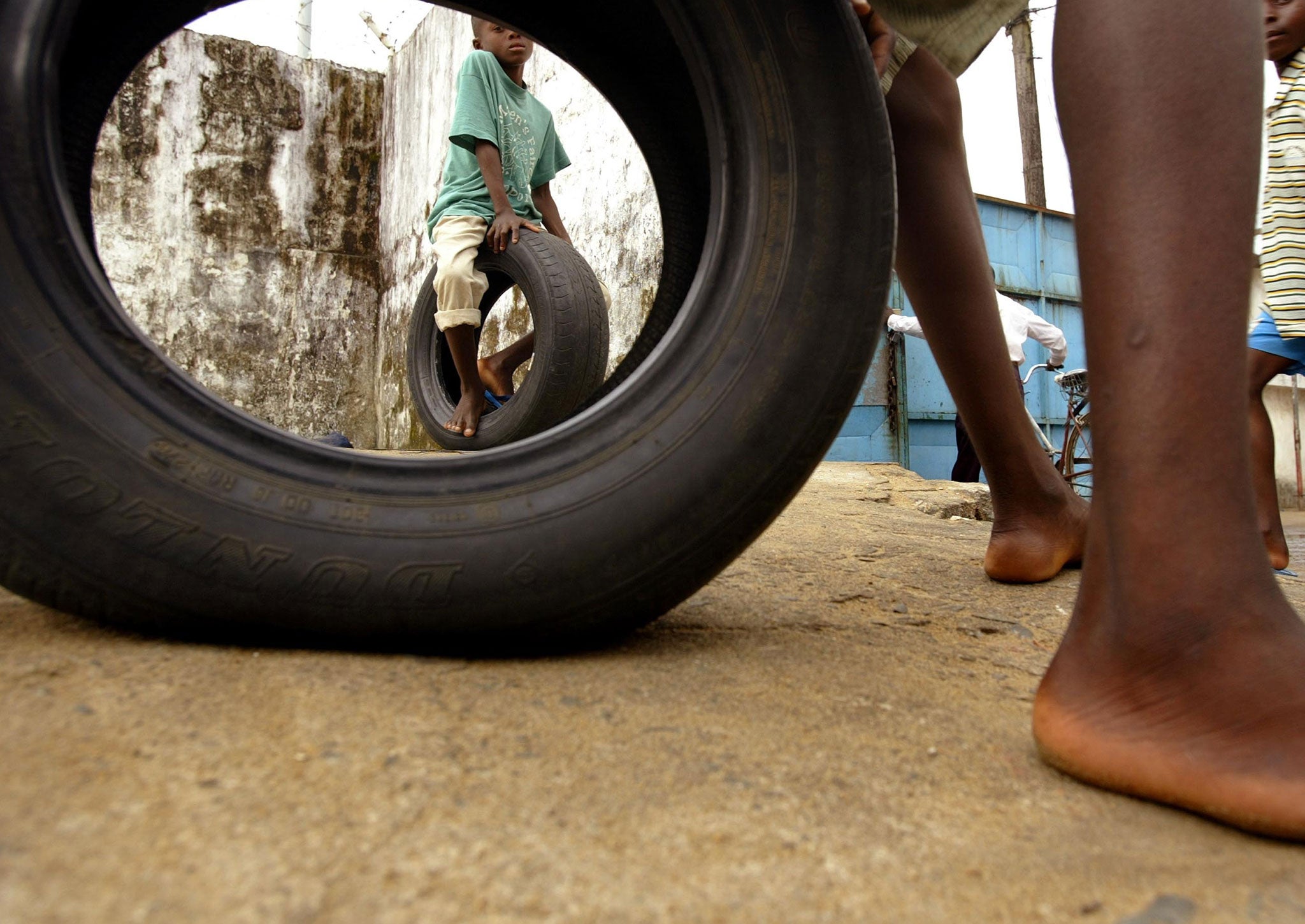Orphanage tourism runs the risk of long-term harm
Can any business that’s evolved from the self-indulgent needs of first-world twenty-somethings ever truly make a difference?


More than a few of us have caught ourselves daydreaming about quitting our jobs to travel the globe, making a difference to the lives of others rather than hammering away at our insignificant nine-to-fives. Recent grads and twenty-somethings are particularly prone to the pull of this so-called voluntourism, and are constantly searching for new ways to fill their sheltered lives with warm fuzzy feelings by delivering more tangible contributions to society.
That’s all well and good – but one method of voluntourism in particular is starting to backfire spectacularly.
Every year, thousands of tourists are lured halfway across the world to volunteer at needy orphanages. Once there, they can help to teach underprivileged children English, play football with them and work as all-around mentors – for a small fee, of course. After a few months on the job, volunteers jet home clear of conscience, knowing the lives of a few children have been improved by their presence. In their wake, they leave a perpetual social catastrophe.
Translation: it hasn’t taken the locals in these countries long to figure out that over-privileged westerners will pay relatively large sums of money for the chance to work with children.
According to the action group Tourism Concern, who recently launched a petition to shut down the UK’s thriving orphanage tourism industry, the number of orphans in countries like Cambodia has halved in recent years – yet the number of orphanages has simultaneously doubled. Why? Because 75 per cent of the children housed in these so-called orphanages actually have parents. In Africa, the figures are even more alarming. Save the Children reports that in Liberia 88 per cent of children in orphanages have one or both parents alive, while in Ghana that number is up to 90 per cent.
Yet for a fiver a day, untrained westerners are ushered through the doors of these shoddy institutions by the busload, ignorantly under the impression they’re giving love to parentless children.
Thus, orphanages have evolved into more of a tourist attraction than anything else. Orphan children have been transformed into a pseudo commodity, and the tourism industry has proceeded to objectify them as the principal element of a packaged holiday.
Worse yet, the few legitimate orphans housed in these establishments are actually being held back by this influx of westerners – because so long as they’re worth something to nefarious orphanage owners, there’s a good chance adoption efforts are virtually non-existent. When they stop being cute, their future immediately becomes less certain.
We can’t forget these are highly vulnerable kids – and while some people clearly take no issue with breezing in for a few hugs and photo-ops, then buggering off, the social impact here is hard to quantify. Not only does research (and common sense) dictate children are better off being cared for within their own communities, but it’s hard to say whether volunteers honestly think developing connections with emotionally-unstable children and then abandoning them will actually help them in the long-term.
We all want to get a warm fuzzy feeling inside by doing good – and helping cute indigenous children learn to read sounds like an easy way of doing that. But can any business that’s evolved from the self-indulgent and culturally imperialistic needs of first-world twenty-somethings ever truly make a difference? For the good of those children, this industry needs to be eradicated. Now, that’s not to say we shouldn’t try and help. If you want to drop everything to travel the world, by all means do. If you’d like to make a difference on your journey by helping those in need, even better. But before you book your flights, please do some research – because you might actually be hurting more than you’re helping.

Join our commenting forum
Join thought-provoking conversations, follow other Independent readers and see their replies